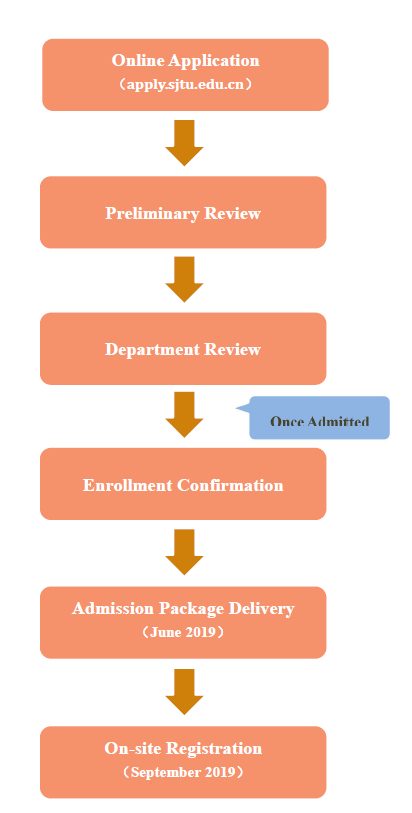Understanding Graduate Program Student Loans: A Comprehensive Guide for Future Students
#### What are Graduate Program Student Loans?Graduate program student loans are financial aid options specifically designed for students pursuing advanced d……
#### What are Graduate Program Student Loans?
Graduate program student loans are financial aid options specifically designed for students pursuing advanced degrees, such as master's or doctoral programs. These loans help cover tuition, fees, and living expenses, allowing students to focus on their studies without the burden of financial stress. Understanding the different types of loans available, including federal and private options, is essential for making informed financial decisions.
#### Types of Graduate Program Student Loans
There are primarily two types of graduate program student loans: federal student loans and private student loans.
- **Federal Student Loans**: These loans are offered by the government and typically come with lower interest rates and more flexible repayment options. The most common federal loans for graduate students include Direct Unsubsidized Loans and Grad PLUS Loans. Direct Unsubsidized Loans do not require proof of financial need, while Grad PLUS Loans can cover the full cost of attendance, minus any other financial aid received.
- **Private Student Loans**: These loans are offered by banks, credit unions, and other financial institutions. Private loans often have higher interest rates than federal loans and may require a credit check or a co-signer. It’s crucial to compare different lenders and their terms to find the best option that suits your financial situation.
#### How to Apply for Graduate Program Student Loans
Applying for graduate program student loans begins with the Free Application for Federal Student Aid (FAFSA). Completing the FAFSA is essential for accessing federal loans and determining your eligibility for other financial aid, such as scholarships and grants. After submitting your FAFSA, you’ll receive a Student Aid Report (SAR) detailing your eligibility.

For private loans, research various lenders and their application processes. Most lenders allow you to apply online, and you may need to provide documentation such as proof of income, credit history, and enrollment status in your graduate program.
#### Repayment Options for Graduate Program Student Loans
Understanding the repayment options for graduate program student loans is vital for managing your financial future. Federal loans offer several repayment plans, including:
- **Standard Repayment Plan**: Fixed monthly payments over ten years.
- **Graduated Repayment Plan**: Lower initial payments that increase every two years.
- **Income-Driven Repayment Plans**: Payments based on your income and family size, with potential loan forgiveness after 20-25 years.

Private loans may have different repayment options, so it’s essential to review the terms with your lender. Some private lenders offer deferment or forbearance options in times of financial hardship.
#### Tips for Managing Graduate Program Student Loans
Managing graduate program student loans effectively can help minimize debt and financial stress. Here are some tips:
1. **Budget Wisely**: Create a budget that includes your expected loan amount, living expenses, and other financial obligations. This will help you understand your financial situation better.
2. **Consider Loan Forgiveness Programs**: Research potential loan forgiveness programs available for graduates in specific fields, such as public service or teaching.
3. **Stay Informed**: Keep track of your loan balances, interest rates, and repayment terms. Regularly review your financial situation and adjust your budget as needed.

4. **Make Payments While in School**: If possible, consider making interest payments while you’re still in school to reduce the overall amount you’ll owe after graduation.
5. **Seek Financial Counseling**: Many universities offer financial counseling services to help students navigate their loans and develop a repayment strategy.
In conclusion, understanding graduate program student loans is crucial for prospective graduate students. By exploring your options, applying strategically, and managing your loans wisely, you can set yourself up for financial success during and after your graduate studies.